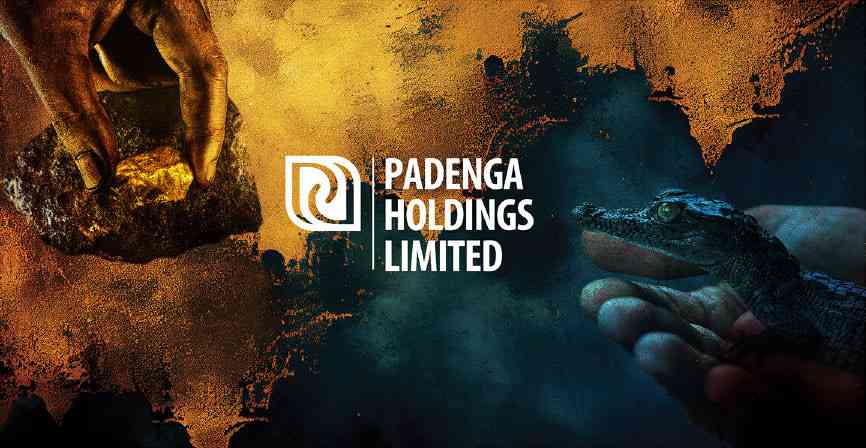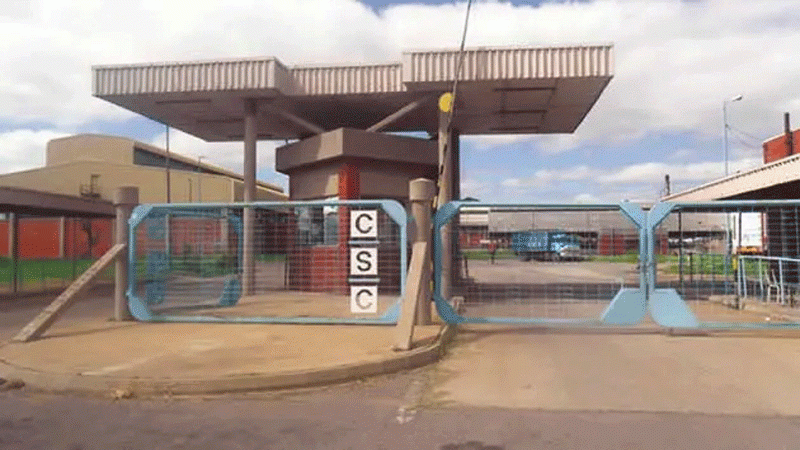
ZIMBABWEANS are struggling with soaring funeral costs as widespread job losses, company closures and lapsed funeral assurance policies leave bereaved families in financial distress.
A Zimbabwe Independent review has revealed that families earning as little as US$150 per month, or even less, are forced to pay over US$4 000 for a decent burial.
In a country where unemployment hovers above 95% and businesses continue to collapse at an alarming rate, the financial burden is even heavier on those without stable incomes.
Many funeral assurance policies are terminated over non-payment as soon as policyholders lose their jobs.
According to the Insurance and Pensions Commission, 100 000 funeral policies had lapsed by the third quarter of 2024 alone, citing “affordability challenges and shifts in policyholders’ circumstances”.
Sithembeni Moyo, a widowed mother of two, recounted how she was forced to borrow heavily to cover funeral expenses when her husband died last year.
Although his funeral policy helped ease some costs, she still had to take on debt to feed mourners. It took her four months to repay the loans, sacrificing essential needs such as food in the process.
“My late husband had a policy, which helped in lifting the burden off some services,” Moyo told the Independent. “However, the cash pay-out was not enough. I had to borrow from my colleagues. We required food for mourners — meat, vegetables, maize meal and a lot of other grocery items to feed about 45 people at the house.
- UK based Zimbabwean divorces wife of 33 years over conjugal rights
- New perspectives: Role of private sector in resource mobilisation
- New perspectives: Money laundering red flags in insurance sector
- 3 000 non-resident pensioners owed US$1.5 million, says Ipec
Keep Reading
“On the day of the funeral, we had church members, colleagues, family, and the community who attended. This meant more money for a day alone.”
Zimbabwe’s prolonged economic crisis, now in its 25th year, has created a cruel paradox: funeral expenses are rising, yet citizens’ ability to afford them is diminishing due to currency depreciation, inflation and rising costs of living.
Families are making difficult choices, often foregoing other essentials to ensure their loved ones receive a proper burial.
Cemetery fees, coffin prices and transportation costs add to the financial strain. At Harare cemeteries, such as Mbudzi and Zororo, grave-digging fees alone cost up to US$150, while coffin prices range from US$250 to around US$6 600.
Weekend burials attract an additional US$125. Private cemeteries charge even higher fees, with costs at Zororo ranging from US$540 in the cheapest section to US$3 000 in the executive section, where tombstones are included.
“At Zororo, we have four sections. You choose where you want to bury your loved one. We have Section A and B, Sunset and Executive section,” an official at the memorial park said. “Our cheapest is Section B, which is US$540. Section A costs US$680, Sunset costs US$1 600 and Executive is US$3 000.”
He said differences in prices relate to different packages.
The more expensive sections give families the option to build tombstones.
“Under Section A, we build a top up after a year on the grave with no additional charges, while under Section B, you pay an extra US$180 when you want us to build a top up after a year,” the official said.
“For a tombstone permit after a year on sections A and B, you pay an additional US$160. Under the Sunset section, we use bricks around the grave after a year, as it would have been covered under the US$1 600, while under the Executive section, we build a tombstone for you,” he said, adding that the prices were set in 2023.
Apart from burial fees, the overall cost of funerals has become prohibitively expensive.
Many grieving families, already struggling with rising prices of basic commodities, electricity, and fuel, find themselves unable to meet funeral expenses. The collapse of industries and related job losses have only worsened the situation.
Despite state authorities downplaying the depth of Zimbabwe’s economic crisis, 2025 has begun on a bleak note.
A leading bank recently laid off over 300 workers, while reports indicate that 1 000 jobs were lost in the retail sector.
More job losses loom as companies battle declining demand, foreign currency shortages and high overhead costs.
A basic funeral service quotation from Doves, a leading funeral service provider, highlights the crisis.
The total cost for essential services, including attendance fees, body removal, a casket, body washing, mortuary fees, undertaker fees, hearse hire and bus hire, amounts to US$2 186,15 after tax.
“For a funeral service, when you do not have a policy, it covers attendance fees (US$34), removal of the deceased (US$59), dome casket silkwood (US$770),” an official said.
“Basic caskets start from US$240 to US$1 500, and there are premium ones that cost more than that. Other costs include washing and dressing (US$60), mortuary fee per day (US$27), undertaker fees (US$60), overnight local (US$60), hearse hire (US$150), equipment local (US$60), embalming (US$110), and bus hire local (US$511).”
These prices are for services offered within the capital, Harare.










